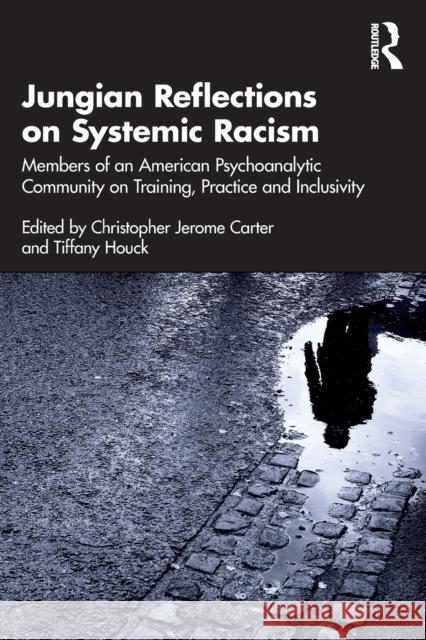Jungian Reflections on Systemic Racism: Members of an American Psychoanalytic Community on Training, Practice and Inclusivity » książka
Jungian Reflections on Systemic Racism: Members of an American Psychoanalytic Community on Training, Practice and Inclusivity
ISBN-13: 9781032318035 / Angielski
Jungian Reflections on Systemic Racism: Members of an American Psychoanalytic Community on Training, Practice and Inclusivity
ISBN-13: 9781032318035 / Angielski
(netto: 157,90 VAT: 5%)
Najniższa cena z 30 dni: 151,07
ok. 16-18 dni roboczych.
Darmowa dostawa!
This important collection explores the attitude of white supremacy in analytic psychology starting with its founder, Carl Gustav Jung, utilizing Jungian analytic theory to explore ways in which the erroneous promotion of race ideology in psychoanalysis may be unmasked and corrected to further psychoanalytic theory and practice.
This important collection explores the attitude of white supremacy in analytic psychology starting with its founder, Carl Gustav Jung, utilizing Jungian analytic theory to explore ways in which the erroneous promotion of race ideology in psychoanalysis may be unmasked and corrected to further psychoanalytic theory and practice.
Information Classification: General The book examines pejorative othering through intrapsychic and inter-relational lenses, identifying under-addressed attitudes and behaviors in which analytic training programs and learning communities may promote an attitude of white supremacy which lurks within Jungian theory. Through personal experiences and clinical vignettes, the authors exemplify a psychoanalytic method of deconstructing systematized and systemic racism within Jungian theory and within the practices of Jungians. In doing so, they utilize the specificity and ingenuity of Jung’s analytic paradigm to offer insight into the work of anti-racism from a depth psychological perspective. The result of a unique collaboration of analysts and analysts-in-training who participate within the same Jungian learning community in New York City, this collection challenges Jungian analysts and organizations to reckon with ethnic and colour biases and to engage the hero’s journey toward forgiveness, reconciling to diversity in promotion of greater individuation and increased organizational/communal inclusivity.
Jungian Reflections on Systemic Racism is a must-read for psychoanalytic students, trainees, supervisors, and practitioners, as well as for clinicians, medical professionals, social workers, mental health professionals, sociologists, and anyone interested in social studies and the wide impact of the unscientific construct of a race.











